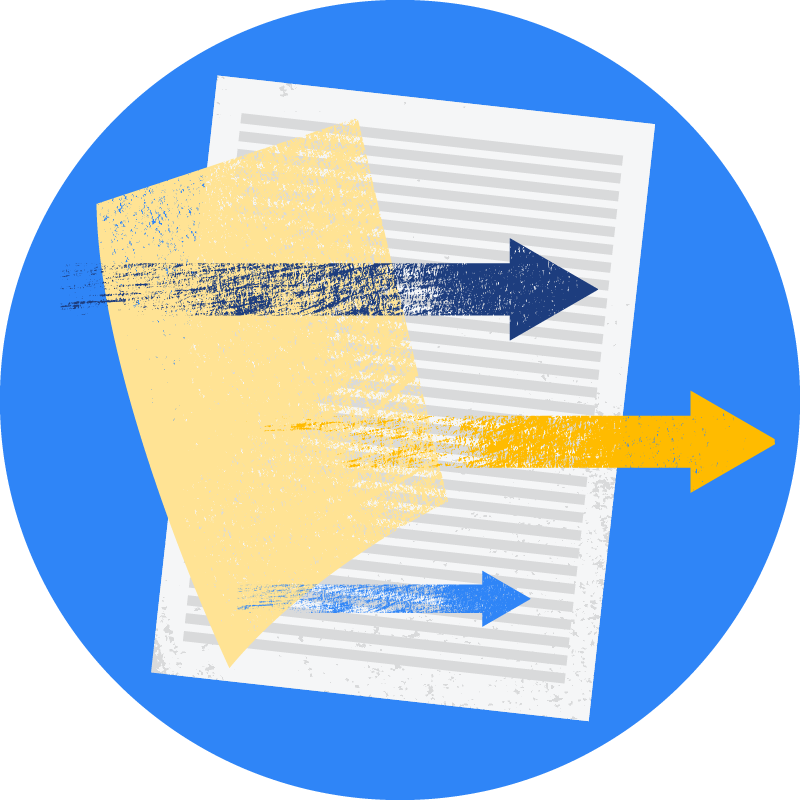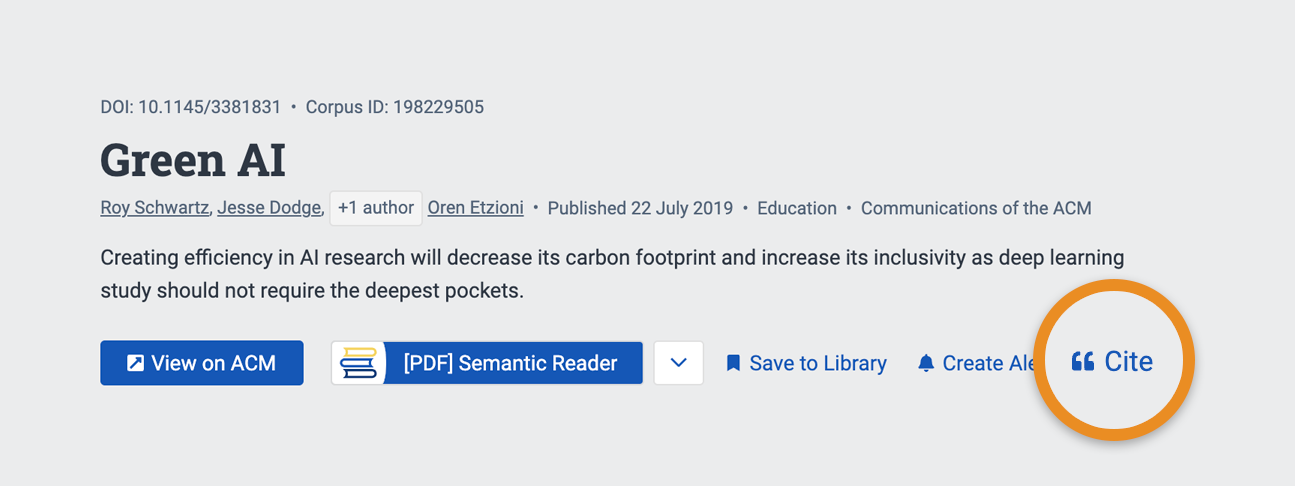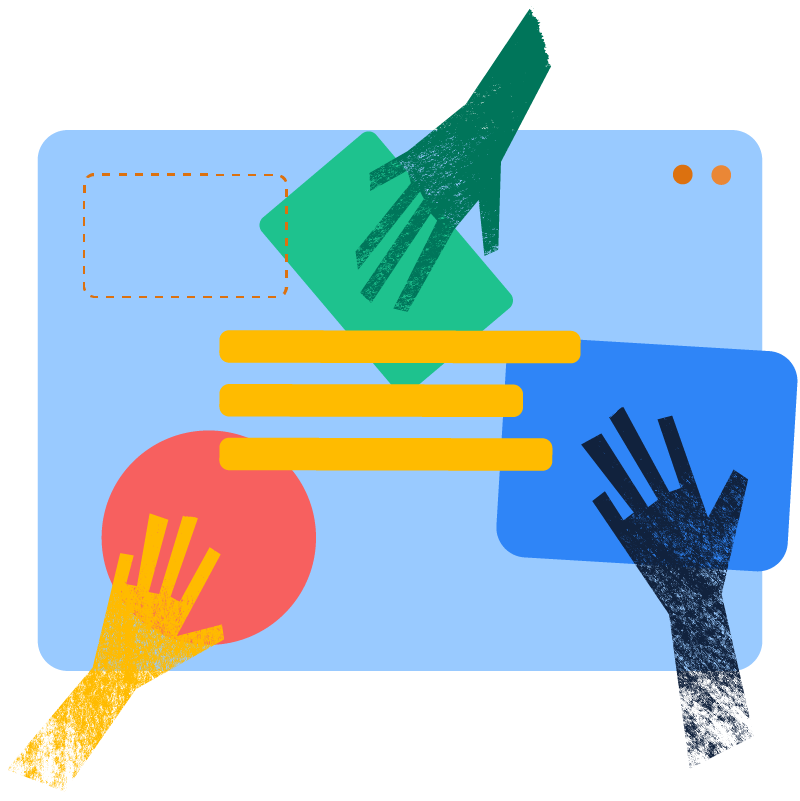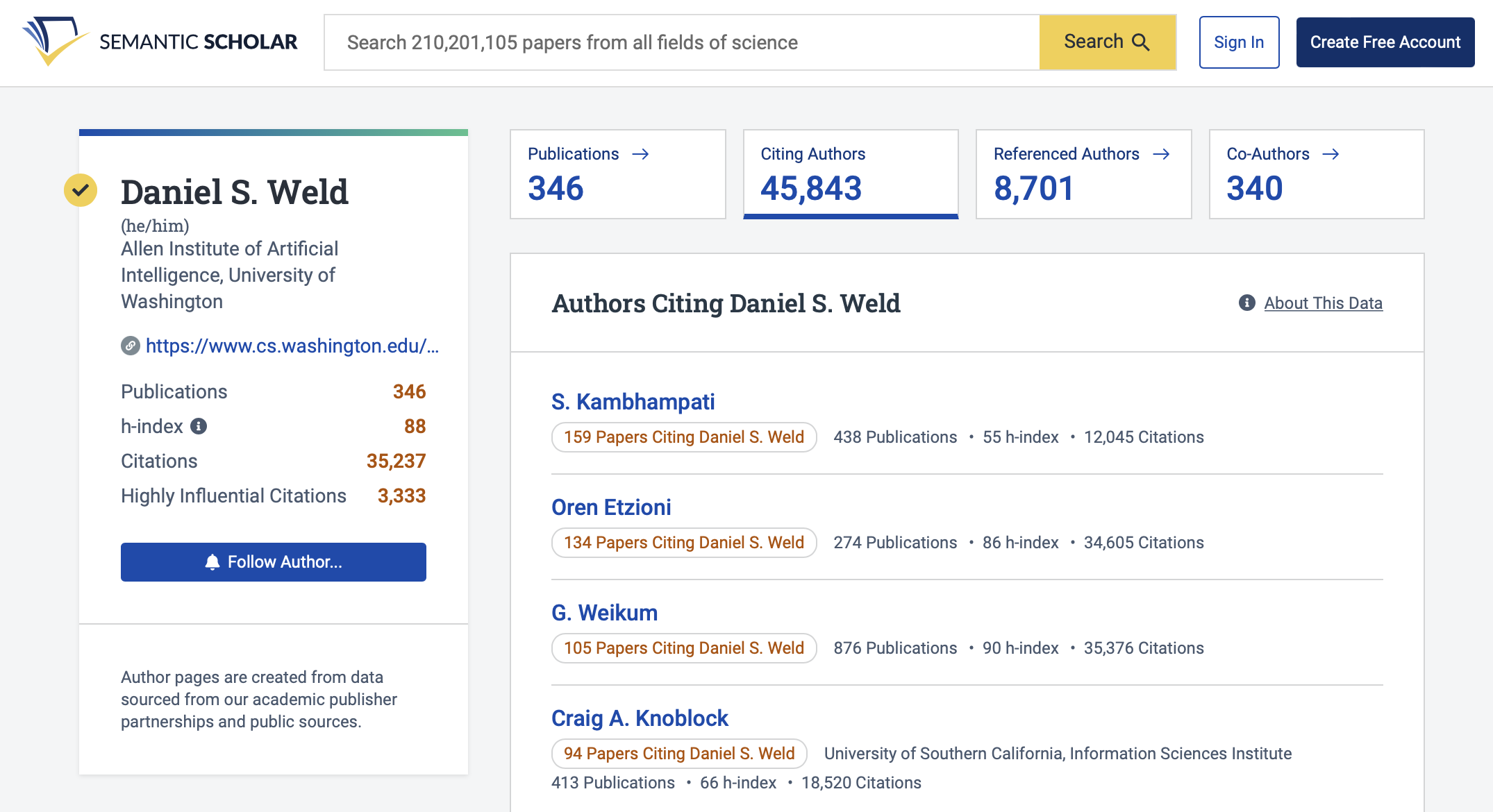Our Product
Experience a Smarter Way to Search and Discover Research
Scholars like you make impactful, groundbreaking research work every single day around the world. We are here to support you by providing a better way to search and discover scientific knowledge.


Search
Find Relevant Research
Search over 214 million papers from all fields of science, with filters such as journals and conferences, authors, publication types, and date range.
Scan Papers Faster with TLDRs

Identifying the right papers for you can be time-consuming. To save some time, look for TLDRs (Too Long; Didn't Read) on search results pages.
TLDRs are super-short summaries of the main objective and results of a paper, generated using expert background knowledge and NLP techniques, available for nearly 60 million papers in computer science, biology, and medicine.
Check Highly Influential Citations

Too many citations to wade through? Start with the Highly Influential Citations where the cited publication has a significant impact on the citing publication, determined by a machine-learning model that analyzes factors including the number of citations to a publication and the surrounding context for each.
Cite
Cite Any Paper
Any paper you find relevant for your research, select "Cite" on a paper page or in the search results.
A pop-up will offer you the option of multiple citation formats including BibTex, MLA, APA, or Chicago.



Library
Manage Your Papers in One Place
Store and organize all the papers that interest you in your online library and access them anywhere, anytime when you sign in to Semantic Scholar.
With your library, you can organize papers into customized folders and bulk export citations. You can also create public folders and easily share them with collaborators, who can copy the folder to their own library in one click.
After creating a folder, you can also create AI-powered Research Feeds that automatically generate paper recommendations for you. Simply toggle the Research Feed to ‘On’ for each folder and you will start receiving regular recommendations from the next day.
Pro Tip: Place similar papers into one folder to generate better and more relevant recommendations.
Research Feeds
Personalized AI-Powered Paper Recommendations
After you add papers to your library, your Research Feeds will quickly learn what papers interest you and recommend the latest research to help you stay up-to-date.
You can turn on Research Feeds recommendations for any folder in your library and have them sent right to your email. To learn more about how Research Feeds work, visit our FAQ.
Tips to Get Better Recommendations
Ratings are essential to teach Semantic Scholar’s AI what is or isn't relevant to you. The more ratings you submit, the more relevant your recommended papers will be.
Add 5 relevant papers to a library folder. Semantic Scholar will show you papers similar to these.
Mark 3 non-relevant papers as "not relevant" in the corresponding Research Feed, and Semantic Scholar will show you fewer papers similar to these.


Alerts
Get Notified for New Papers or Citations
No need to refresh the page every day. You can set up and customize automated email alerts to stay up-to-date with new citations and new papers.
Paper Alerts
Get notified when there are new citations for a specific paper. To create a paper alert, select “Create Alert” on any paper page.
Author Alerts
Get notified when there are new citations and papers for a specific author. To create an author alert, select “Follow Author” on any author page. Or, claim your author page to get notified about new papers citing your works.
Research Feed Alerts
Get new paper recommendations in your email when you turn on Research Feeds alerts for any of your library folders.
Research Dashboard
Check All Your Research Updates
When signed in to your account, your Research Dashboard serves as your Semantic Scholar homepage where you can view the latest recommended papers from your Research Feeds and new papers from your alerts.
If you have claimed your author page, you can also view the most recent citations for your papers and quick links to your author page and editing options.


Topics
Explore Topics with AI
Topic pages aim to help you explore topics of interest by collecting AI-generated definitions, papers often cited for the topic, recent papers, and related topics.
In the Topics section on each paper page, you can find topics relevant to the paper and navigate to the topic pages. You can also directly search for a topic in the search bar. Currently, only topics in the Computer Science field are available.
Ask This Paper
Understand a Paper with AI
Get AI-generated answers to your questions along with supporting statements from the paper.
In the Ask This Paper section on each paper page, select suggested questions or enter your own questions about the paper. You can instantly get an answer along with one or more supporting statements from the paper. Currently, Ask This Paper has been tested only on English-language papers and is available on limited papers.

Try Other Exciting Research Tools

Semantic Reader
An augmented reading application that makes the reading experience more accessible and richly contextual by providing citation information directly within the context of a paper.

Semantic Scholar Academic Graph API
A reliable on-demand source of data for the global research community about authors, papers, citations, venues, and more that allows you to link directly to the corresponding page on Semantic Scholar.

Semantic Scholar Open Research Corpus (S2ORC)
A general-purpose corpus with 8.1M open access papers spanning many academic disciplines, which includes rich metadata, paper abstracts, resolved bibliographic references, as well as structured full text.
Hear what our users say...
On my lab website, I link to my Semantic Scholar author page (as opposed to Google or Pubmed) because the TLDR and influential citations encourage understanding and impact, rather than just blindly counting up articles. As it becomes more reliable, I fully expect these author pages to serve as a richer "contributor dashboard" that is more informative than a CV or other current attribution mechanisms.
Matthew Akamatsu
Semantic Scholar user
Jordi Chanovas
Semantic Scholar user
Research feeds helped me maintain up-to-date with the latest findings related with my research. Email alerts kept me aware of new articles in my research feed. Finally, TLDR uses AI to give a summarised version of publications which makes the decision of whether a publication is relevant or not to the field easier than ever.
Through the influential citations, I can know the follow-up progress of this work and follow up the latest progress of this research. Research feeds is very useful for me to understand the relevant literature in the field and broaden my horizons. TLDR allows me to quickly understand the content of this paper and saves my time and energy.




